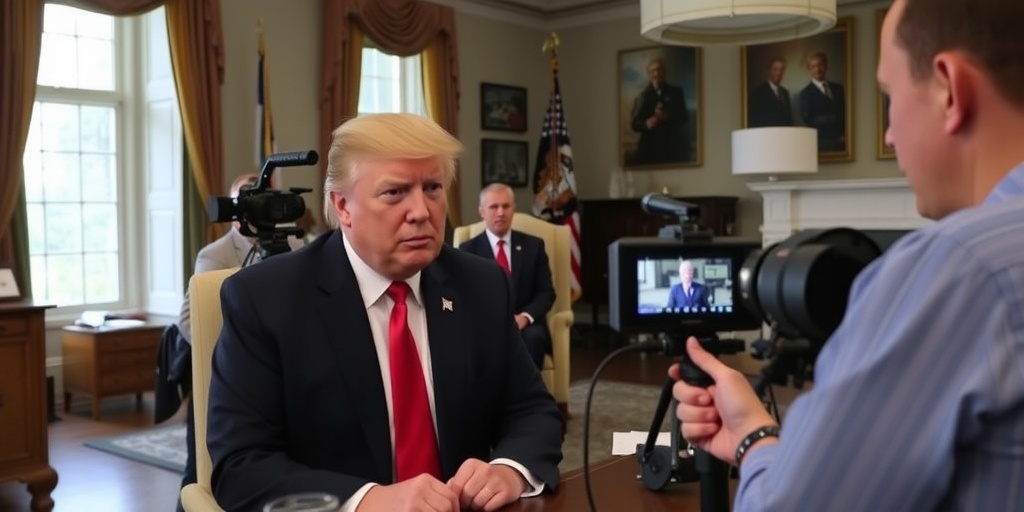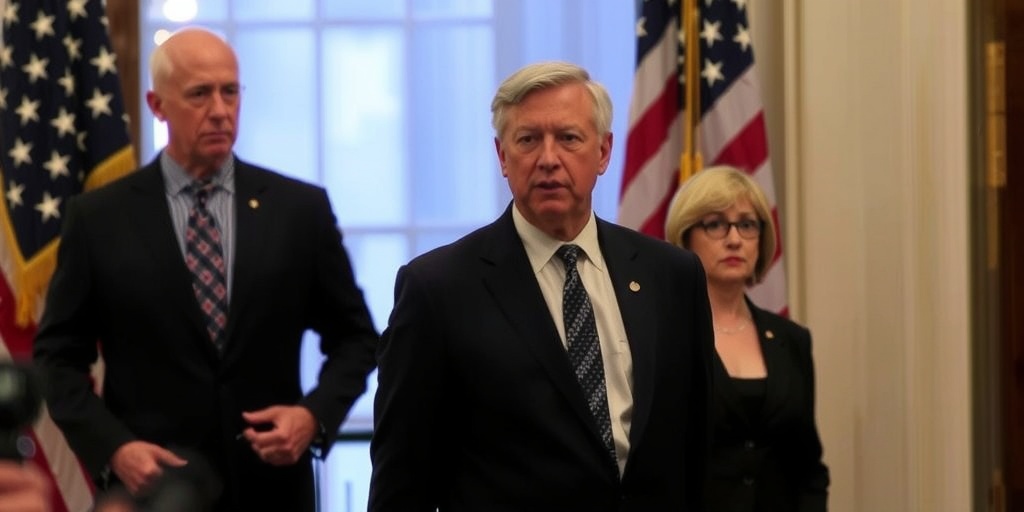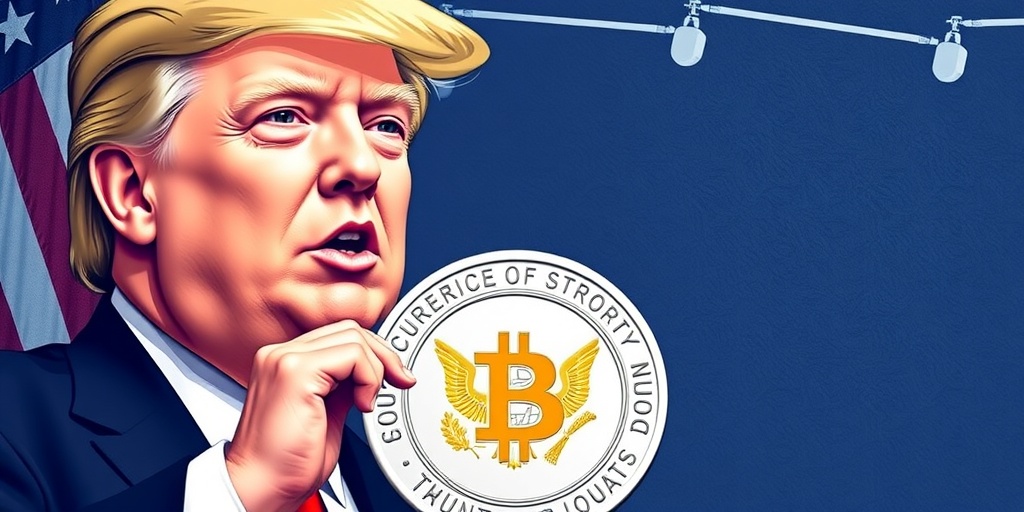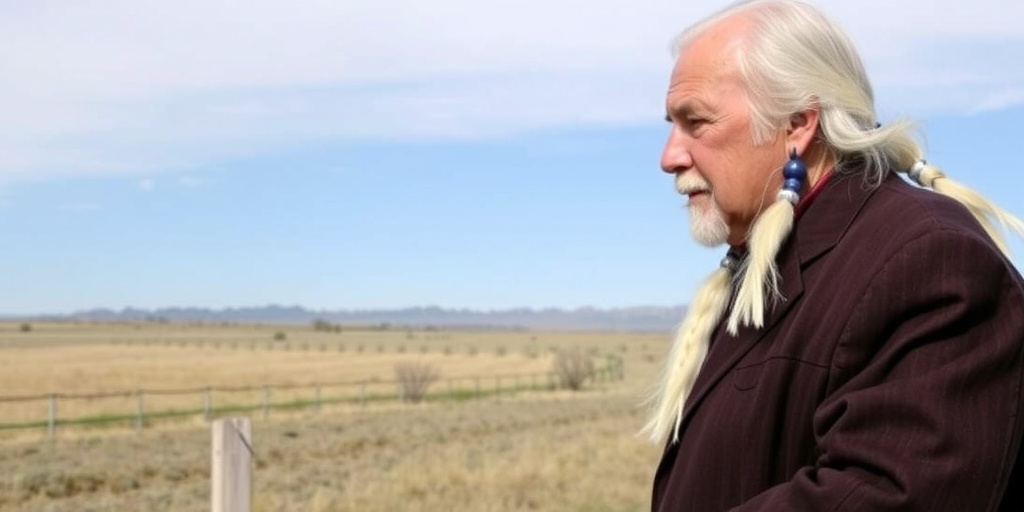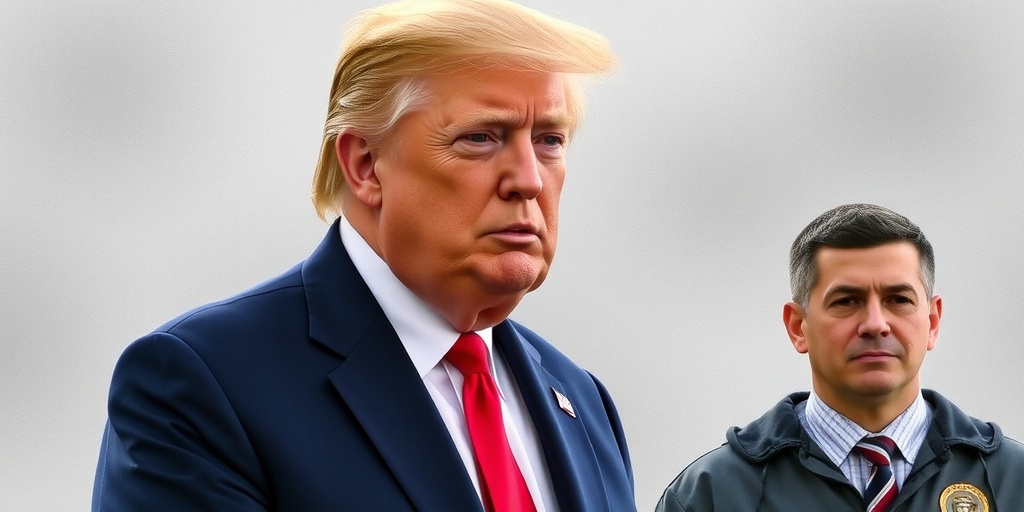Now Reading: Dueling Pardons Intensify Jan. 6 Meaning Debate
-
01
Dueling Pardons Intensify Jan. 6 Meaning Debate
Dueling Pardons Intensify Jan. 6 Meaning Debate
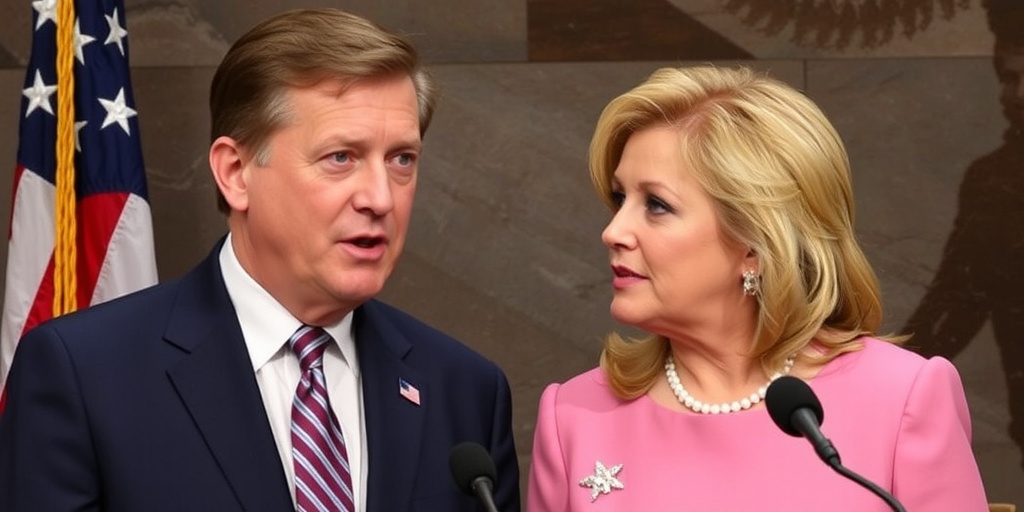
Title: The Political Divide Over Jan. 6: A Tale of Contrasting Pardons
In a stark reflection of the ongoing polarization surrounding the events of January 6, 2021, the dual pardons issued by former President Donald J. Trump and President Joe Biden have highlighted the divergent narratives that continue to shape perceptions of this significant moment in American history.
On January 6, 2021, a violent mob composed of Trump supporters stormed the U.S. Capitol in a bid to overturn the certification of Joe Biden’s 2020 electoral victory. The attack resulted in injuries to over 150 law enforcement officers and significant damage to the building. While bipartisan condemnation of the violence was initially widespread, recent developments reveal a deepening rift in how Americans view the day’s events and who bears responsibility.
Reflecting on the duality of their current political climate, each side is leveraging pardons to reinforce its narrative. Trump’s recent pardons for approximately 1,500 individuals involved in the Capitol assault signal his intent to rewrite the narrative, portraying these individuals as victims of a politicized Justice Department rather than perpetrators of a historic attack on democracy. This action reinforces claims that the rioters were unfairly targeted, a viewpoint resonating with many of Trump’s supporters.
Conversely, President Biden’s decision to pardon members of the House Jan. 6 Committee, as well as the police officers who testified before the panel, appears aimed at protecting those who sought to investigate the events of that day. However, this decision also raises questions regarding the legitimacy of the committee’s work. Critics may argue that the need for pardons implies wrongdoing on the part of those pardoned, fueling claims that the investigations themselves were flawed or politically motivated.
The contrast between the two sets of pardons serves to underscore a growing divide in the American psyche. Alexander Keyssar, a professor at Harvard Kennedy School, noted that the differing narratives surrounding January 6 have evolved over time. "The number of people who accept the Trumpian version of history, or tolerate it, has grown," he observed, indicating that the competing memories of the event are being used to mobilize support on both sides of the political spectrum.
Historically, the struggle over how major incidents are framed is not unique to January 6. Jim Downs, a history professor at Gettysburg College, highlights parallels with the Civil War and subsequent narratives that aimed to downplay its causes, particularly slavery. The question of who controls the narrative – and thus influences public perception – remains crucial.
Initial attempts by Trump supporters to deflect blame for the attack included accusations that antifa or undercover FBI agents instigated the violence. These efforts to recast the riot as a peaceful protest have been consistently contradicted by the factual evidence of the day, including the extensive injuries suffered by law enforcement officers and the destruction wrought within the Capitol.
In the immediate aftermath of the election, Trump’s rhetoric continued to cast doubt on the legitimacy of Biden’s victory and the subsequent investigations into his supporters’ actions. Recently, Trump condemned Biden’s pardons as unjust, labeling the members of the Jan. 6 Committee as “very guilty of very bad crimes” and calling their investigation an exercise in political thuggery.
Meanwhile, Representative Bennie Thompson, a Democrat and former chairman of the Jan. 6 Committee, had actively sought pardons from the Biden administration, expressing fears over potential politically motivated prosecutions. Although some committee staff members were surprised by Biden’s pardons, they expressed relief at no longer being in the crosshairs of prosecutors.
In a statement of gratitude, Thompson and former Vice Chair Liz Cheney acknowledged the importance of the pardons in protecting those who acted in accordance with their sworn duties. They suggested that their actions were not illegal but rather consistent with their roles as public servants during an unprecedented attack on the nation’s Capitol.
However, not all reactions to the pardons were positive. Craig Sicknick, brother of fallen Capitol Police Officer Brian Sicknick, voiced deep concern over the implications of Trump’s pardons, stating that they contributed to a narrative undermining the rule of law in the United States. He expressed frustration with what he views as the normalization of falsehoods perpetuated by Trump, warning about the dangers of sustained misinformation within the public discourse.
As America continues to grapple with the legacy of January 6, the competing narratives and politicization of memories surrounding this event will undoubtedly persist. The discussions surrounding these pardons and their implications reveal much about the nation’s current state and the ongoing struggle to achieve a consensus on the facts of that fateful day.
Stay Informed With the Latest & Most Important News
Previous Post
Next Post
-
 01New technology breakthrough has everyone talking right now
01New technology breakthrough has everyone talking right now -
 02Unbelievable life hack everyone needs to try today
02Unbelievable life hack everyone needs to try today -
 03Fascinating discovery found buried deep beneath the ocean
03Fascinating discovery found buried deep beneath the ocean -
 04Man invents genius device that solves everyday problems
04Man invents genius device that solves everyday problems -
 05Shocking discovery that changes what we know forever
05Shocking discovery that changes what we know forever -
 06Internet goes wild over celebrity’s unexpected fashion choice
06Internet goes wild over celebrity’s unexpected fashion choice -
 07Rare animal sighting stuns scientists and wildlife lovers
07Rare animal sighting stuns scientists and wildlife lovers













